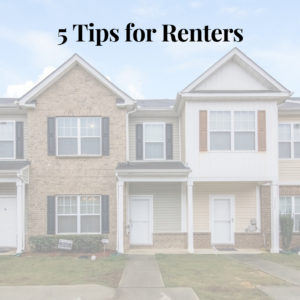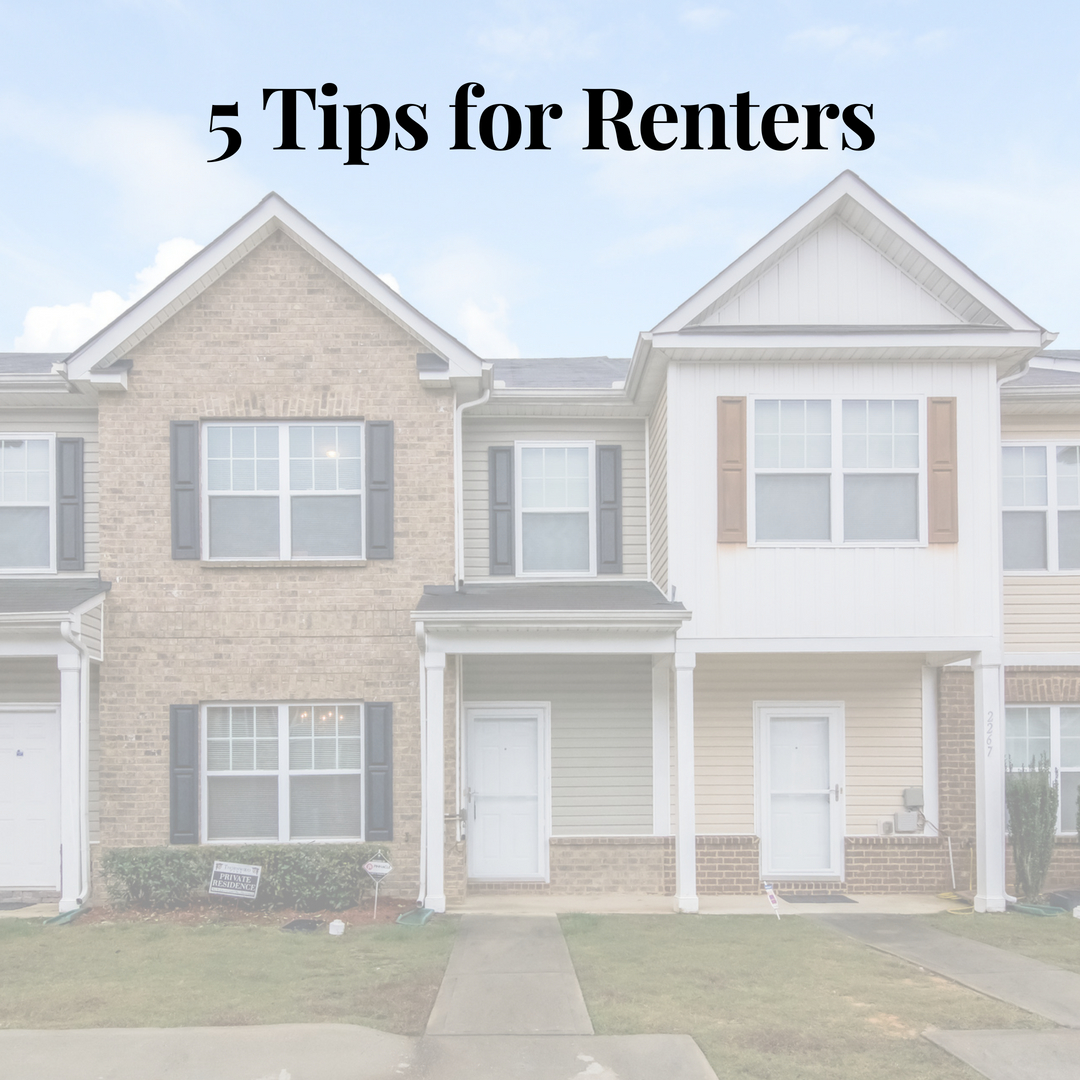 Renting a new home is an exciting move for both new and seasoned renters. Before signing your next lease, you’ll want to consider these five things that every renter should know.
Renting a new home is an exciting move for both new and seasoned renters. Before signing your next lease, you’ll want to consider these five things that every renter should know.
1. Pay Your Rent
Your lease will tell you when your rent payment is due and how your landlord prefers for you to make payment. Regardless of whether you pay via check, cash, or card, always pay on time. Paying late may cost you fees, so keep an emergency fund ready. If you pay late, your relationship with your landlord may suffer, which might prevent you from extending the lease or getting a good referral once you move.
2. Safety Comes First
Take the time before you move in to consider safety concerns. Ask your landlord if the locks have been changed since the last tenant moved out. Ask for keys for all doors and the deadbolt. If you are concerned that the doors or locks look damaged, you can ask for new doors. Double check that smoke detectors and carbon monoxide detectors are functioning, and identify the location and expiration date of the fire extinguishers.
3. Buy Renters Insurance
While your landlord most likely has a homeowner’s insurance policy to cover structural damage, you should take out renter’s insurance to protect your personal property from damage or theft.
4. Mind the Neighbors
Read through your entire lease to be aware of any neighborhood rules you may need to follow. Find out when the trash should go out, if you are responsible for maintaining the lawn, and how many visitors you can have at any one time. Your lease should also tell you where you can park. If you have any questions, check with your landlord. They want to maintain a good relationship with neighbors and should be happy to provide you with any information you need to feel at home in the neighborhood.
5. Report Problems
Any small issue, like a leaky faucet or a cracked window, can become a major problem in the future. Keep your landlord’s contact information readily available, and report any problems as they arise. You are responsible for the property, and you should try to leave it in the same or better condition than when you moved in. At the same time, if you don’t report a problem, you run the risk of forfeiting your security deposit upon moving out, as the landlord will assume that you caused something to break.
Keep these things in mind to be a good renter!




